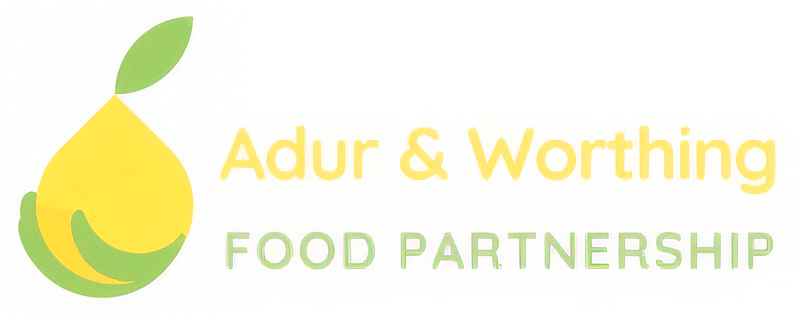We recently partnered with University of Brighton to speak with people who were relying on community food support.
Our Community Food Network wanted to find out more about our neighbours experiences of relying on food support, so we could help groups, organisations and decision makers to better understand the issues people are facing; with the hope that we would help to enable organisations to make better informed decisions and deliver services centered around our neighbours experiences of (food) poverty and hunger.
Carl Walker, from University of Brighton who was leading on the work, will be coming along to our Community Food Network Meeting on the 23rd of September 2022. Our Community Food Network would like to extend the invite to organisations across East and West Sussex.
If you would like to:
- Hear the findings of the research and learning, to better inform practice
- Reflect on your own organisations, and how you can begin to think about changes to the approach/practice/system/language to better support people in poverty
- Look at what action is already taking place to tackle some of the issues
Who is this event for?
- Any organisation supporting people in poverty*
- Policy makers
- GPs, Health Practitioners, Social Workers
This event is currently open to organisations across East and West Sussex. If you would like to organise a presentation and discussion for your area or would like a copy of the video presentation, please email sarah@bhcommunityworks.org.uk
*Including but not limited to, Commmunity Food Groups, Mental Health organisations, Advice Services, Carers Support Services, Older People’s Services, Young People’s organisations, Public Health, Mutual Aid groups, Social Perscribers and many more.
More about the research..
Participants from Community Food groups across the Adur and Worthing Food Network were invited to take part in the research. 18 people, all of whom regularly used community food took part in photo-elicitation interviews. The researchers found that the specific experiences of using food support, the identity and status challenges, living in constant crisis, discursive demonisation, the specific forms of shame, indignity, guilt and suffering associated with hunger trauma are central to the experience of our neighbours relying on community food.
What to expect..
To listen to and discuss ‘hunger trauma’- that is, the socially, economically and relationally mediated forms of trauma experienced by many people forced to use emergency food support. The researchers found that people acquire an identity of themselves not just from what they eat but from where and how they get the food.
To find out more about how services are organised, in terms of their stucture, hours of operation, amount and types of food provided affects how users feel, influences their self-esteem and the desire to return or use future services. The researchers found that, if nuanced and carefully protected, food support encounters can provide a level of stability, a sense of mattering and a humanising impulse that alleviates some of the trauma, builds trust and can provide the basis for relationships, further possibilities, support and signposting.
To understand how interpreting this distress as an economically mediated trauma rather than through the lens of mental health, better captures what is a very distinct trauma that is embodied and debilitating and very much driven by events beyond the control of those in need.
The findings from the reearch outline the implication for how community food support is administered going forward, suggesting a ‘Food First’ approach to food insecurity – based on the Housing First approach to homelessness – to ensure that there are no barriers between people and the food they need.
In this talk, Carl Walker will draw on Latin American Liberation Psychology to discuss the inception of a national Right to Food event and campaign beginning in the autumn and we end by discussing the development of the radical political, social, economic and ethical steps needed to end food insecurity.


